Showing 133–144 of 195 results
-
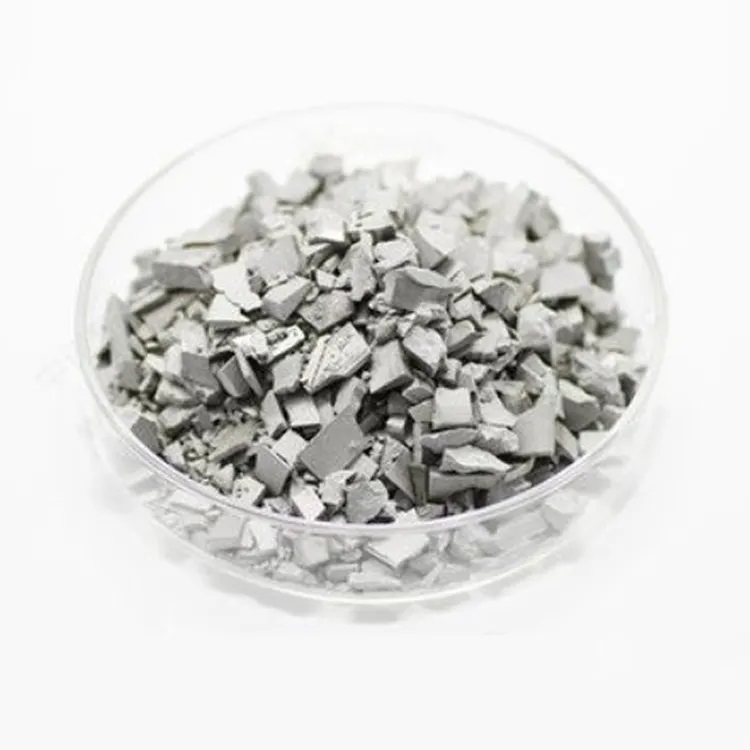
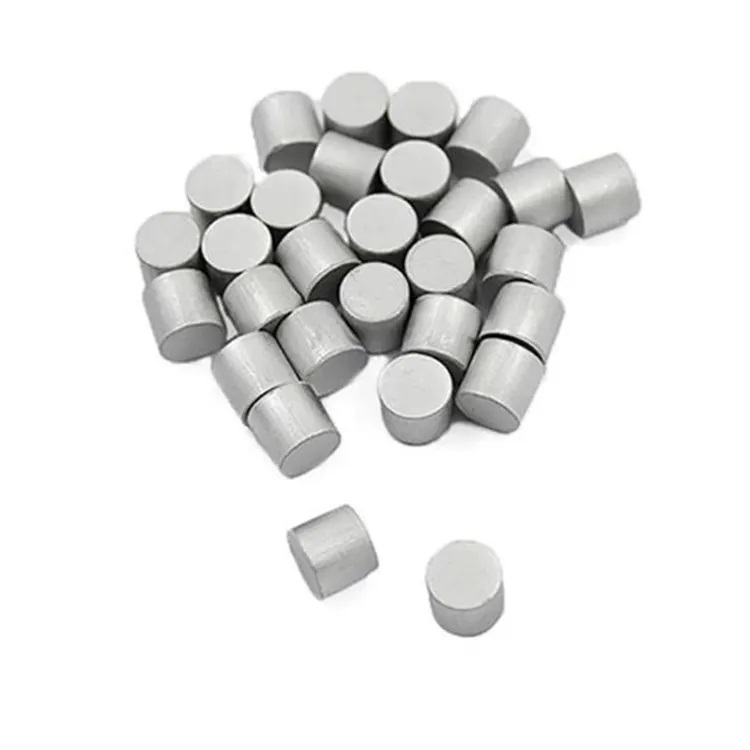
- High Purity: Ruthenium pellets are available in 99.95% (3N5) or higher purity, ensuring minimal contamination during thin-film deposition, critical for semiconductor and optical applications.
- Excellent Corrosion Resistance: Ruthenium’s resistance to corrosion and oxidation makes it highly durable, extending the lifespan of coatings in harsh environments.
- Stable Electrical Conductivity: Ruthenium maintains consistent conductivity even at high temperatures, making it ideal for electronic applications requiring stable performance.
- High Melting Point: With a melting point of 2334°C, Ru is suitable for use in high-temperature evaporation systems.
- Hard and Durable Films: Ruthenium thin films are known for their mechanical strength, scratch resistance, and ability to withstand environmental degradation.
- Uniform Deposition: Ru pellets are designed for consistent evaporation, providing uniform thin-film coatings in various deposition systems like thermal evaporation or electron beam evaporation.
-
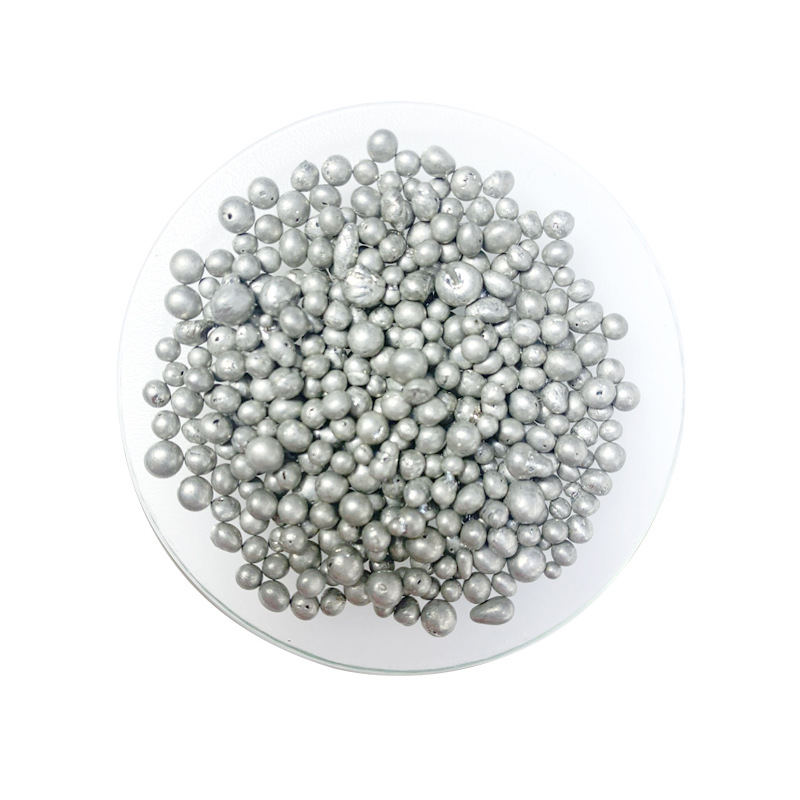
- High Purity: Ensures optimal performance in critical applications where material quality is essential.
- Semiconducting Properties: Exhibits unique electrical properties beneficial for electronic applications.
- Thermal Stability: Maintains performance in high-temperature environments.
- Custom Sizes: Available in various pellet sizes to meet specific evaporation or alloying requirements.
- Non-toxic Alternatives: Compared to some heavy metals, antimony is considered less harmful, especially in regulated applications.
-
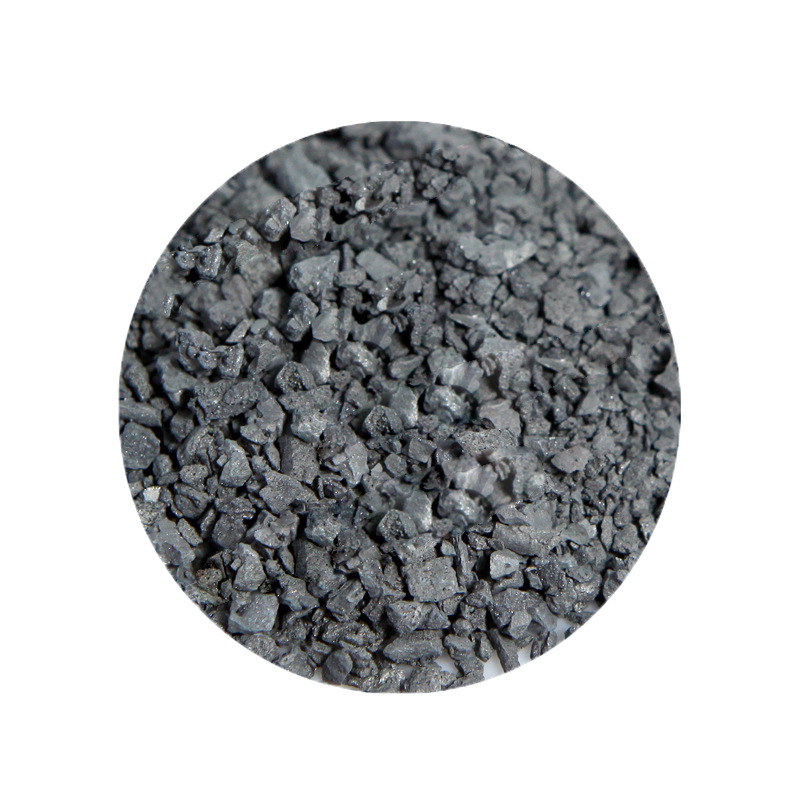
- Excellent Light Absorption: Sb2S3 has a high absorption coefficient, especially in the visible and near-IR regions, making it ideal for applications in photovoltaics and infrared detection.
- Semiconducting Properties: Sb2S3 is a direct bandgap semiconductor (~1.7 eV) suitable for energy conversion and electronic devices.
- Layered Structure: The material’s unique crystal structure allows for efficient charge transport and thermal conductivity, which is beneficial for thermoelectric and phase-change applications.
- Thermal Stability: Sb2S3 shows good stability during the deposition process, allowing for high-quality film formation.
- Environmentally Friendly: Sb2S3 is considered an eco-friendly alternative to some toxic or rare materials used in similar applications.
-
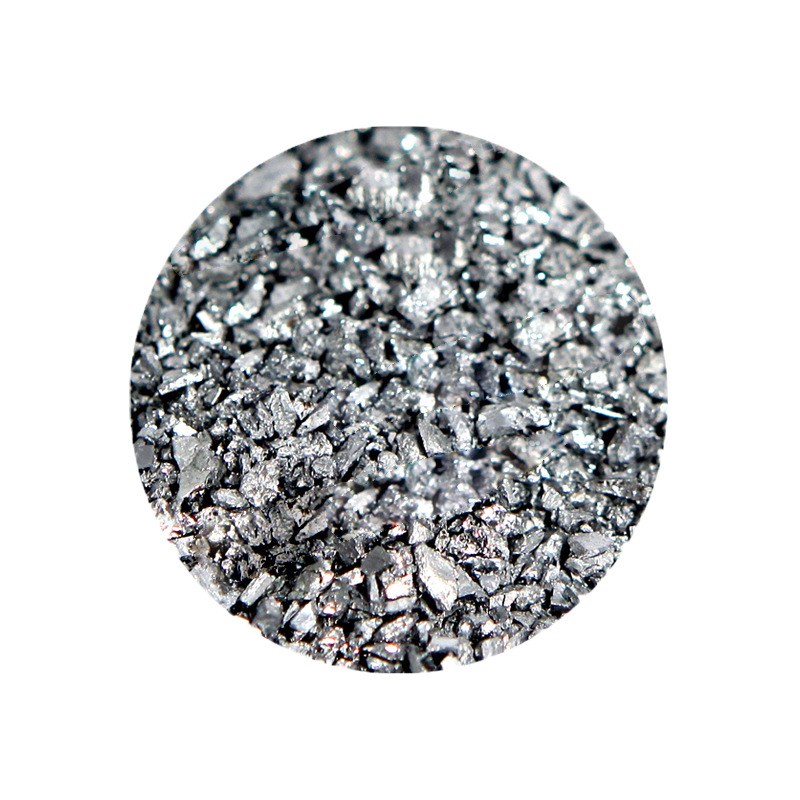
- High Absorption Coefficient: Sb2Se3 is known for its strong light absorption in the visible spectrum, making it ideal for thin-film solar cells.
- Stable Material: It exhibits good thermal and chemical stability, ensuring long-lasting performance in devices.
- Non-Toxic Alternative: Sb2Se3 is considered a safer and more environmentally friendly alternative to toxic materials like cadmium-based compounds in photovoltaic applications.
- Low Cost: It is a relatively cost-effective material for large-scale thin-film applications.
-
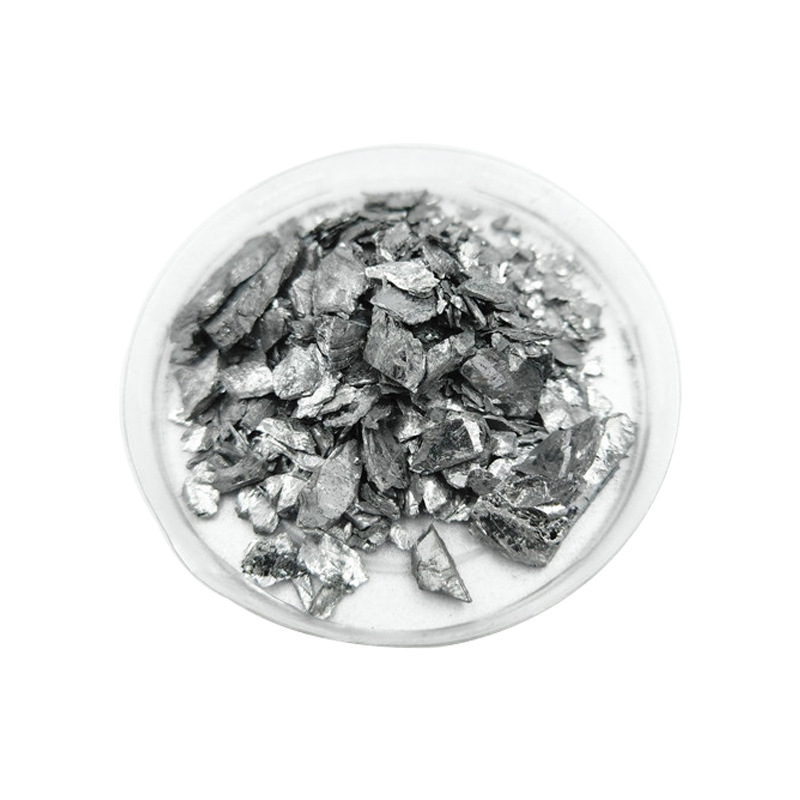
- High Thermoelectric Efficiency: Exhibits high ZT values, making it ideal for thermoelectric power generation and refrigeration applications.
- Low Thermal Conductivity: Sb₂Te₃ has low thermal conductivity, which enhances its thermoelectric performance.
- Reversible Phase-Change Properties: Capable of transitioning between amorphous and crystalline states, essential for phase-change memory applications.
- Good Adhesion and Smooth Films: Forms high-quality, uniform films with good adhesion on various substrates.
- Topological Insulator Behavior: Exhibits unique surface conductivity while insulating the interior, relevant for next-generation electronics.
-
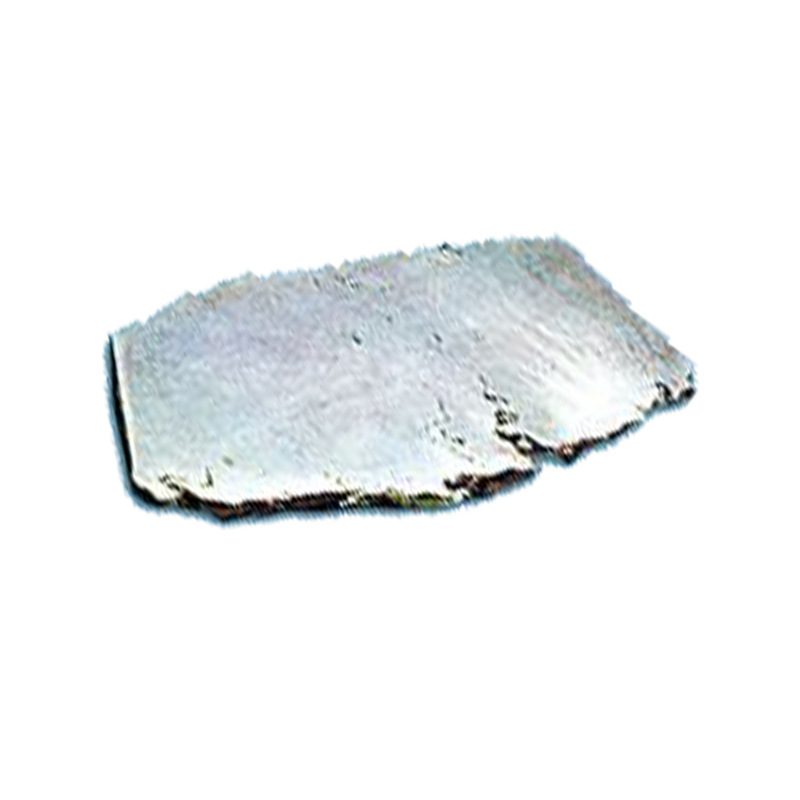
- High Purity: Scandium pellets are typically offered at purities of 99.9% or higher, ensuring the creation of defect-free thin films.
- Improved Strength: Scandium’s addition to thin films or alloys significantly improves strength and durability, making it valuable in high-stress environments such as aerospace.
- Optical and Electronic Properties: Scandium offers unique optical and electronic properties, making it suitable for specialized coatings and electronic components.
- Versatility in Deposition: Scandium can be used in various deposition methods, including thermal and e-beam evaporation, to create thin films for high-performance applications.
-
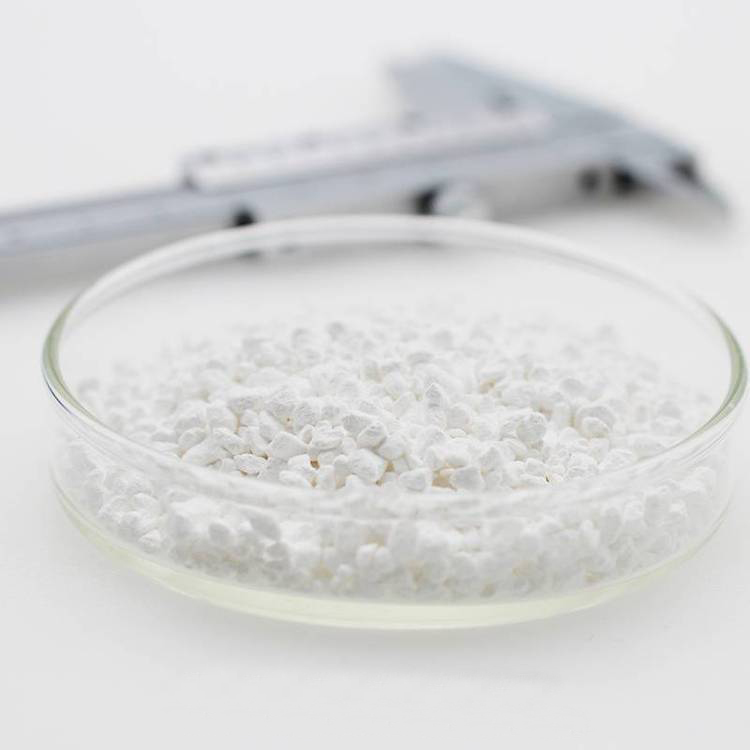
- Ultra-high purity (≥99.9%).
- Superior thermal and chemical stability.
- Precise dimensions for uniform deposition.
- Customizable sizes and shapes available.
- Wide application in advanced technology industries.
-
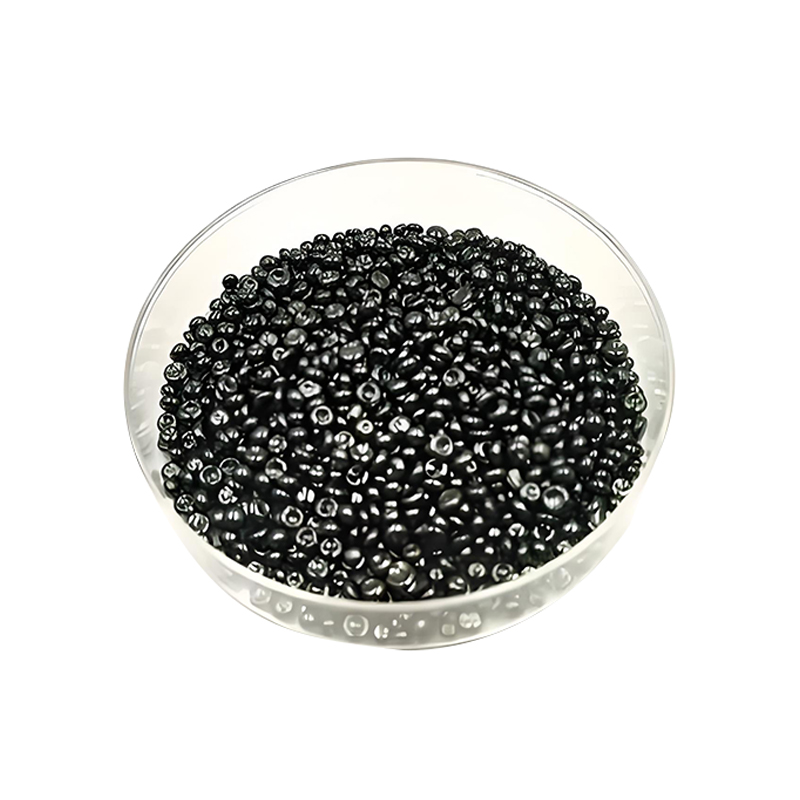
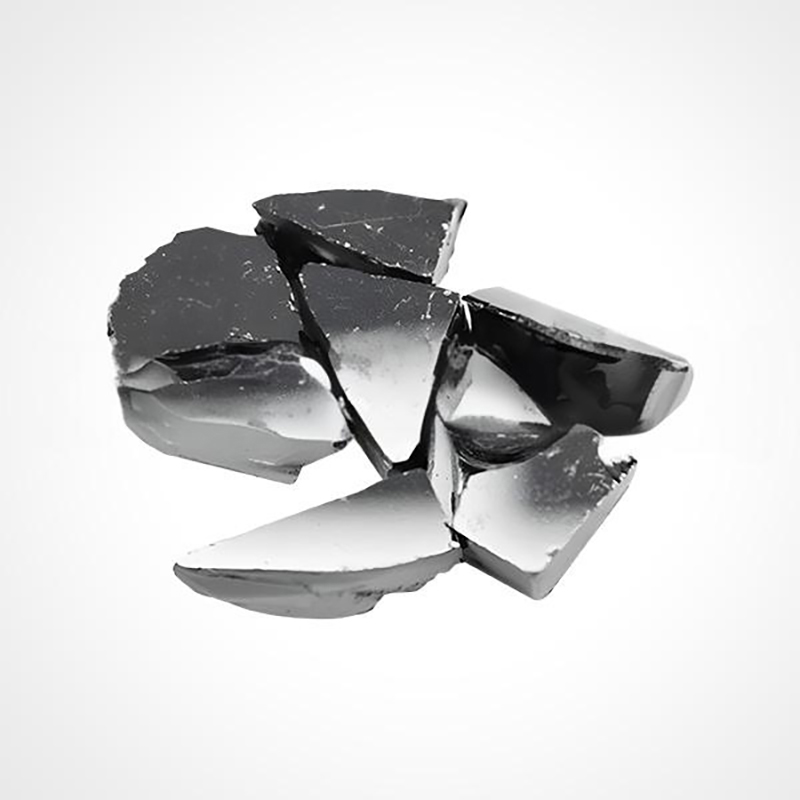
- Photoconductive Properties: Selenium changes its electrical conductivity when exposed to light, making it essential for optoelectronic devices such as photodetectors and xerography.
- Semiconductor Capabilities: Selenium is a key element in semiconductor applications, offering high photoelectric sensitivity and versatility in electronic components.
- High Purity: Selenium evaporation materials are typically offered in high-purity levels (≥ 99.9%) for optimal thin-film deposition and consistent results.
- Compatibility with PVD Techniques: Selenium pellets can be easily evaporated using thermal or electron-beam evaporation, providing stable and uniform thin films.
- Infrared Optics: Selenium-based compounds, like cadmium selenide (CdSe), are used in infrared detectors and imaging technologies due to their IR transparency.
-
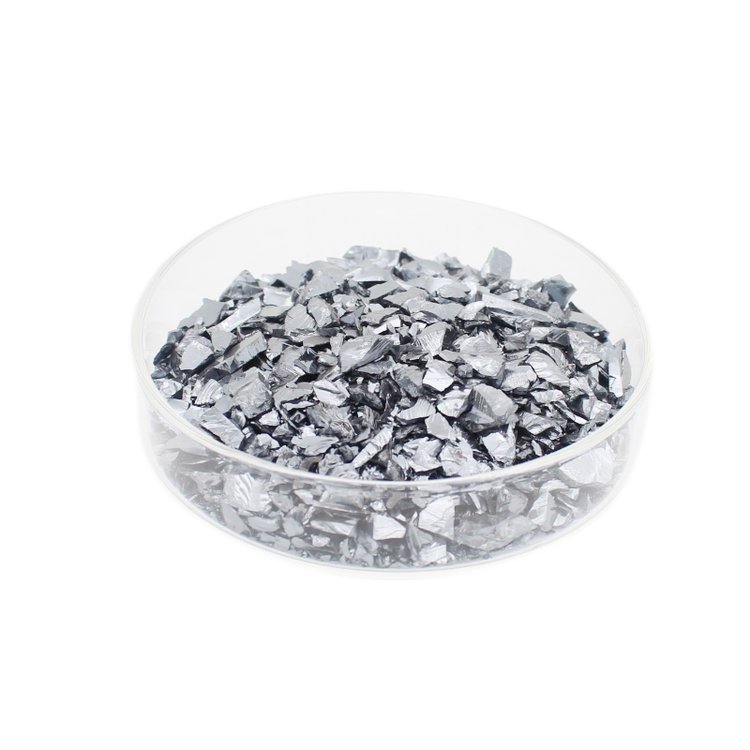
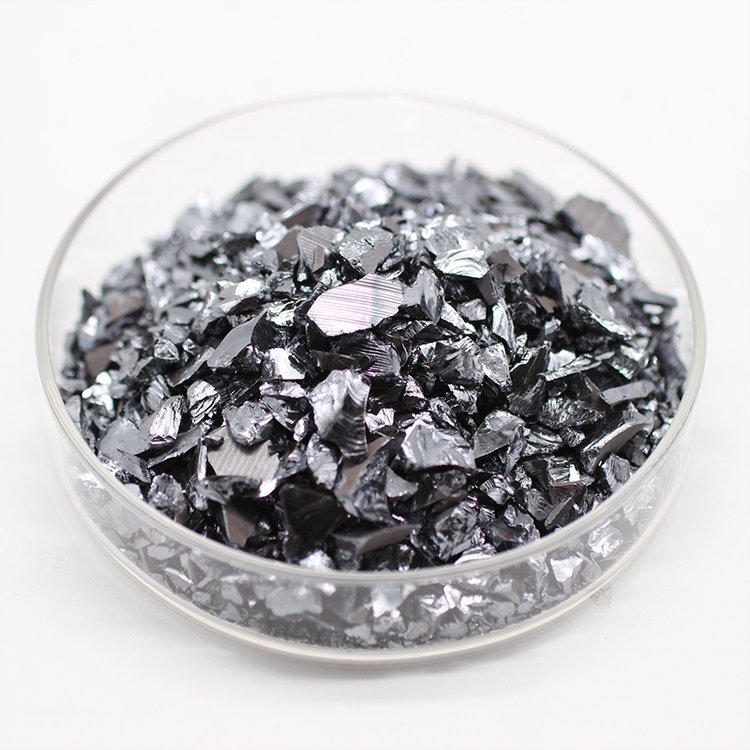
$10.00 – $335.00
- High Purity: Silicon pellets typically have a purity of ≥ 99.9%, ensuring high-quality thin-film deposition with minimal contamination.
- Semiconductor Properties: Silicon’s intrinsic semiconducting properties make it crucial for electronic and optoelectronic applications.
- Thermal Stability: Silicon can withstand high temperatures during deposition, providing stable and uniform films.
- Infrared Transparency: Silicon exhibits excellent transparency in the infrared (IR) range, making it suitable for IR optics and coatings.
- Easy Evaporation: Silicon pellets are easily evaporated using thermal or electron-beam evaporation techniques, allowing for precise control in thin-film deposition.
-
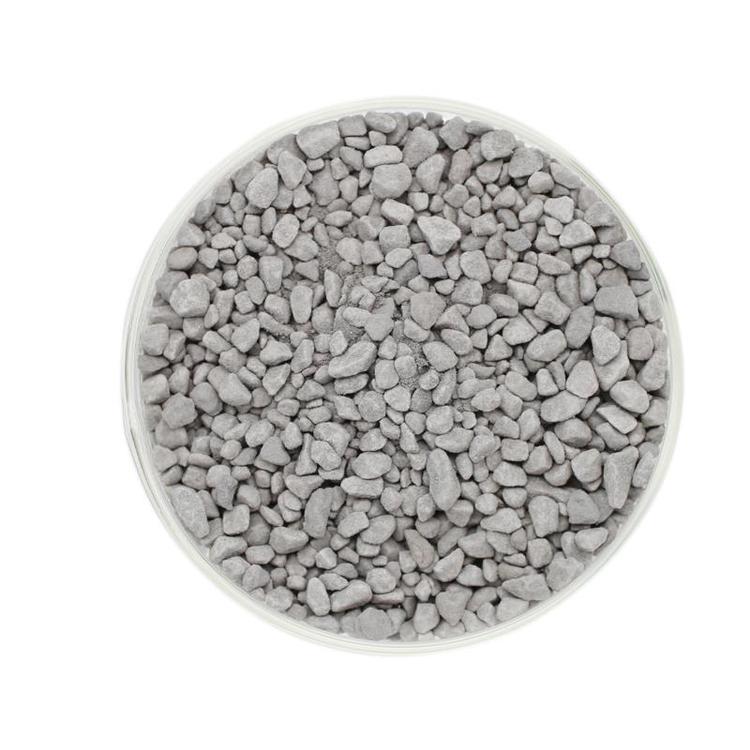
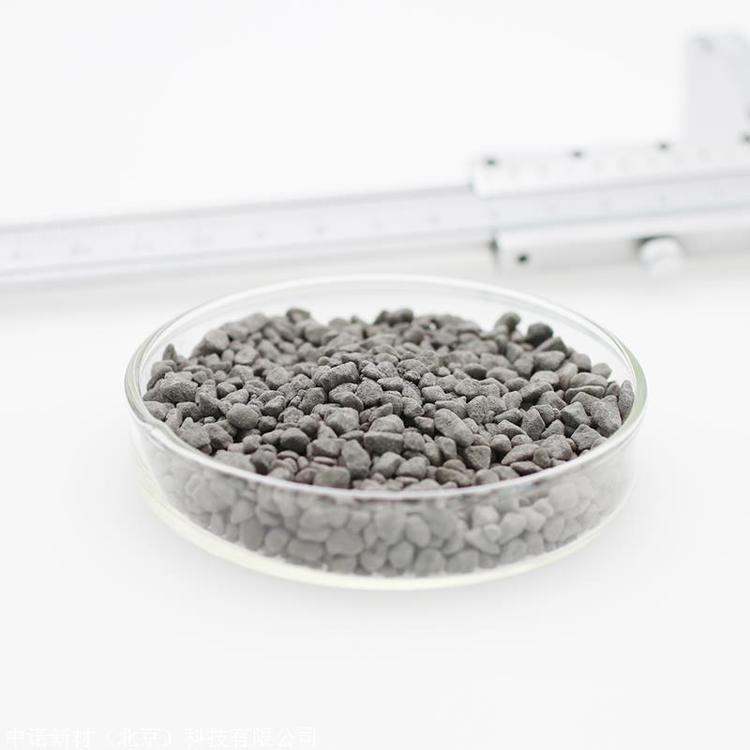
- High purity (≥99.9%).
- Outstanding thermal and mechanical stability.
- Uniform pellet size for precise deposition.
- Customizable sizes and specifications.
- Superior resistance to oxidation, corrosion, and wear.
-
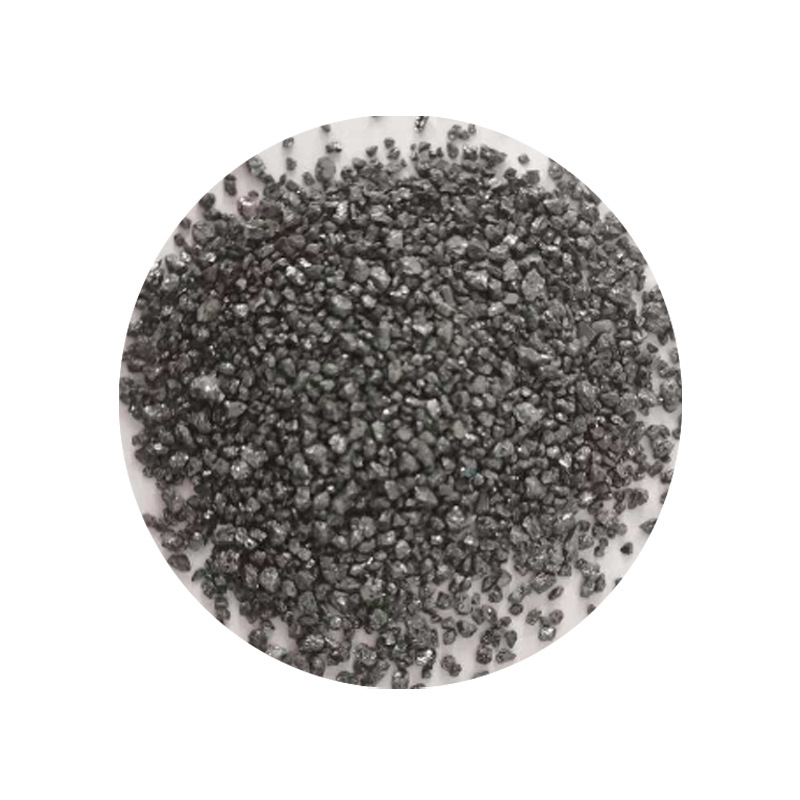
- High Hardness: SiC is one of the hardest materials available, making it ideal for protective coatings and abrasive applications.
- High Thermal Conductivity: SiC efficiently dissipates heat, making it suitable for high-temperature coatings in optical and electronic devices.
- Chemical Stability: SiC is highly resistant to corrosion and oxidation, which is beneficial for coatings in harsh environments.
- Wide Bandgap: In electronics, SiC thin films enable higher efficiency in power management and thermal resistance.
-
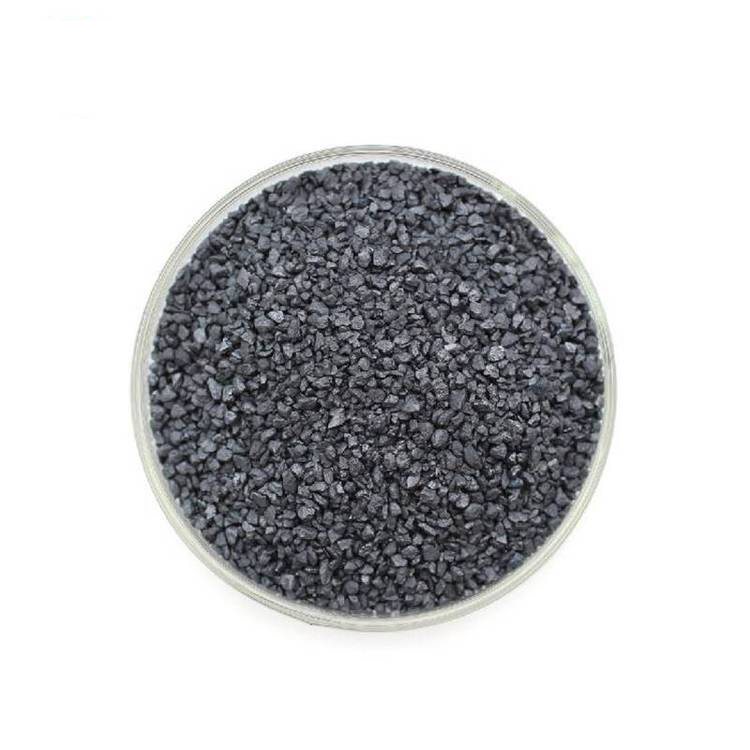
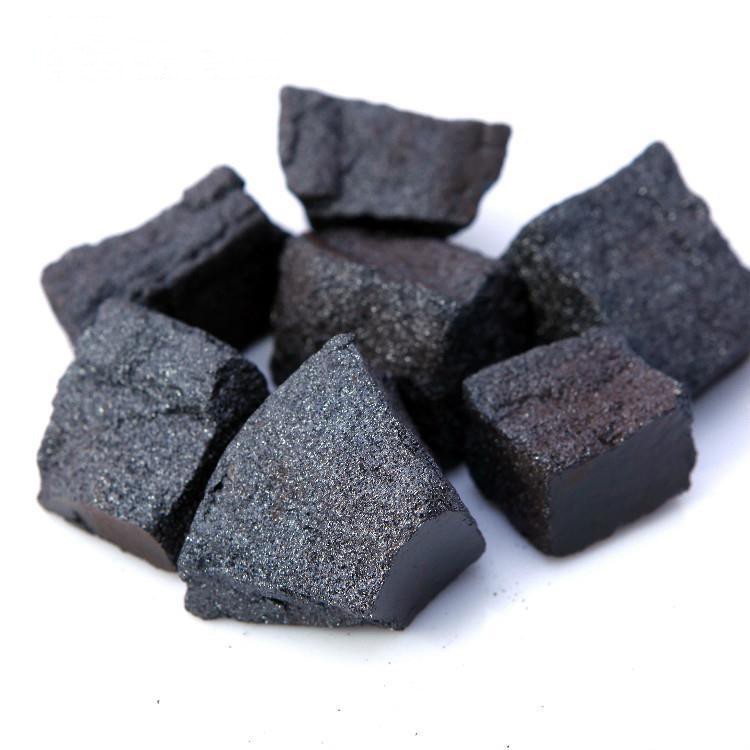
- High Purity: SiO pellets are typically manufactured with a purity of 99.9% or higher to ensure high-quality film deposition.
- Transparency in UV and Visible Range: SiO has good transmission properties in both the UV and visible light spectrum, making it suitable for optical applications.
- Hard and Durable Coating: Coatings formed from SiO are known for their hardness and durability, providing a protective layer for sensitive optical and electronic devices.
- Excellent Adhesion: SiO films exhibit strong adhesion to substrates, which is crucial for long-lasting coatings.










